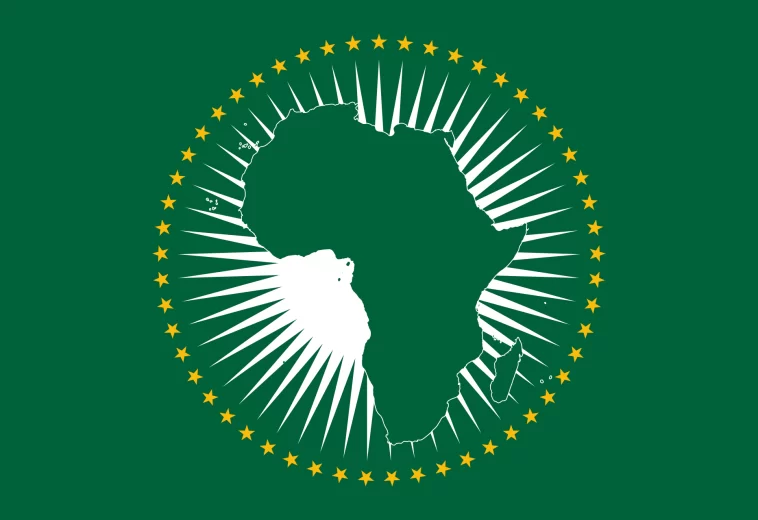Africa, often dubbed the world’s youngest continent, boasts a population with a significantly lower median age compared to other regions. This youthful demographic presents a unique set of opportunities that could benefit not just Africa but the world at large. As the continent’s population is expected to double to nearly 2.5 billion by 2050, understanding its demographic dynamics is crucial.
Africa’s youthfulness is evident, with over 60% of its population under 25. By 2075, Africans will make up one-third of both the global population and the working-age population. Here are ten of Africa’s youngest nations:
- Niger
With a median age of just 14.8 years, Niger has one of the world’s youngest populations. This West African nation, with a population of 27.9 million, reflects high birth rates and a large proportion of young people. Niger’s youthful demographic poses both opportunities and challenges, as the country must invest heavily in education and healthcare to harness the potential of its young citizens.
2. Uganda
Uganda’s median age of 15.7 years is significantly lower than the global average. The country’s population of over 49.5 million is characterized by a youthful demographic, with promising growth potential. Uganda’s young population can drive innovation and economic expansion, but it also requires substantial investment in infrastructure and job creation to prevent unemployment and underemployment among its youth.
3. Angola
Angola, located in southwestern Africa, has a median age of 15.9 years. With a population of approximately 37.5 million, the country’s youthful profile is driven by high fertility rates and rapid population growth. Angola’s government faces the task of improving education and healthcare systems to support its young population, which could become a driving force for the nation’s economic and social development.
4. Mali
Mali’s median age is 16.1 years, highlighting its young population. The West African nation has over 23.8 million people, with children and young adults making up a significant portion. Mali’s young demographic offers a window of opportunity for economic growth, provided that the country can stabilize politically and invest in human capital development.
5. Chad
Central African nation Chad has a median age of 16.1 years. Its population of 18.7 million reflects high fertility rates and a rapidly growing number of young individuals. Chad’s young population presents an opportunity for economic diversification and development, but it requires robust policies to improve education and employment prospects for its youth.
6. Democratic Republic of the Congo (DR Congo)
DR Congo has a median age of 16.7 years, indicating a significant proportion of its 104.7 million people are under 18. This Central African country is one of the continent’s most populous. DR Congo’s youthful population could drive future economic growth, but the nation faces challenges in providing adequate education, healthcare, and employment opportunities.
7. Malawi
With a median age of 16.8 years, Malawi’s population of 21.3 million is remarkably young. High fertility rates and declining mortality contribute to its rapid population growth. Malawi must address the needs of its young population through improved education and job creation to leverage its demographic dividend for sustainable development.
8. Zambia
Zambia, a landlocked country in Southern Africa, has a median age of 16.9 years. Its population of 21 million showcases a youthful demographic with immense potential for development. Zambia’s young population can be a catalyst for economic transformation, provided the country invests in education, healthcare, and infrastructure to support its youth.
9. Mozambique
Mozambique’s median age is 17 years, indicating a young population among its 34.6 million people. The country’s demographic profile points to a vibrant and growing youthful populace. Mozambique’s government must focus on policies that promote education, healthcare, and job creation to ensure its young population contributes positively to the nation’s growth.
10. Benin
Benin, with a median age of 17 years, has a population of 14 million. The West African nation boasts a dynamic and youthful demographic, primed for future growth. Benin’s young population offers a potential economic advantage, but it requires strategic investments in education, health, and economic opportunities to harness this potential effectively.
Africa’s youthful population is a powerful asset. By investing in education, job creation, and including young people in decision-making processes, the continent can unlock its vast potential and drive sustainable development. Embracing this demographic dividend could transform Africa into a global powerhouse, fostering innovation, economic growth, and social progress.


